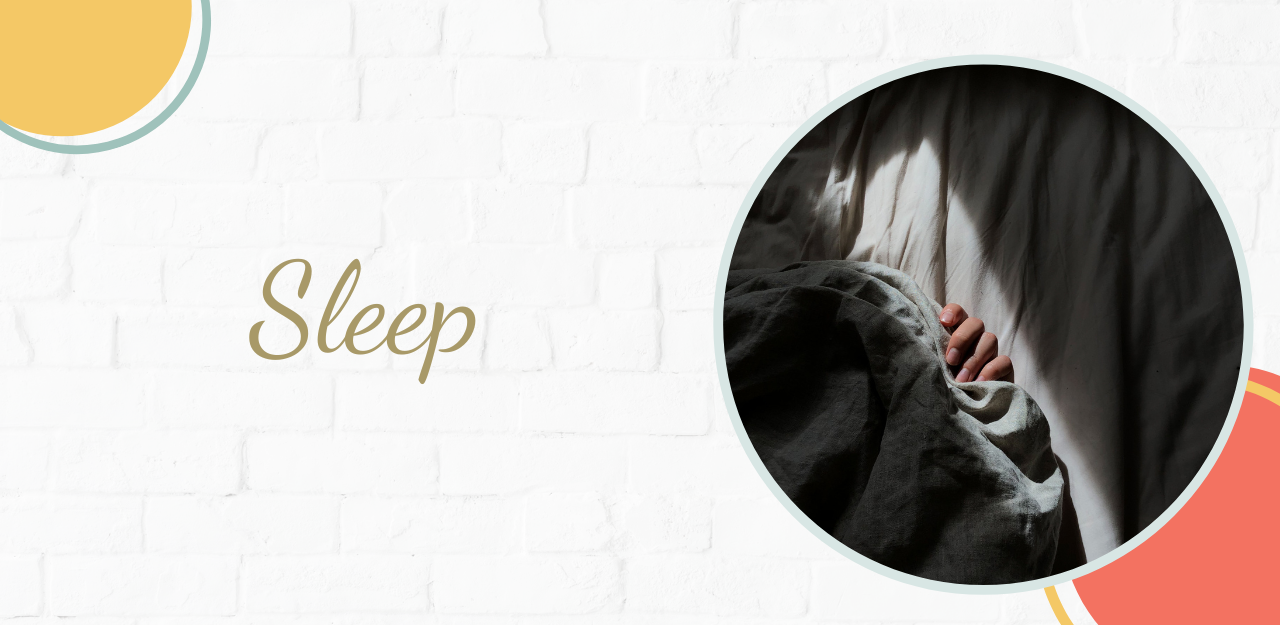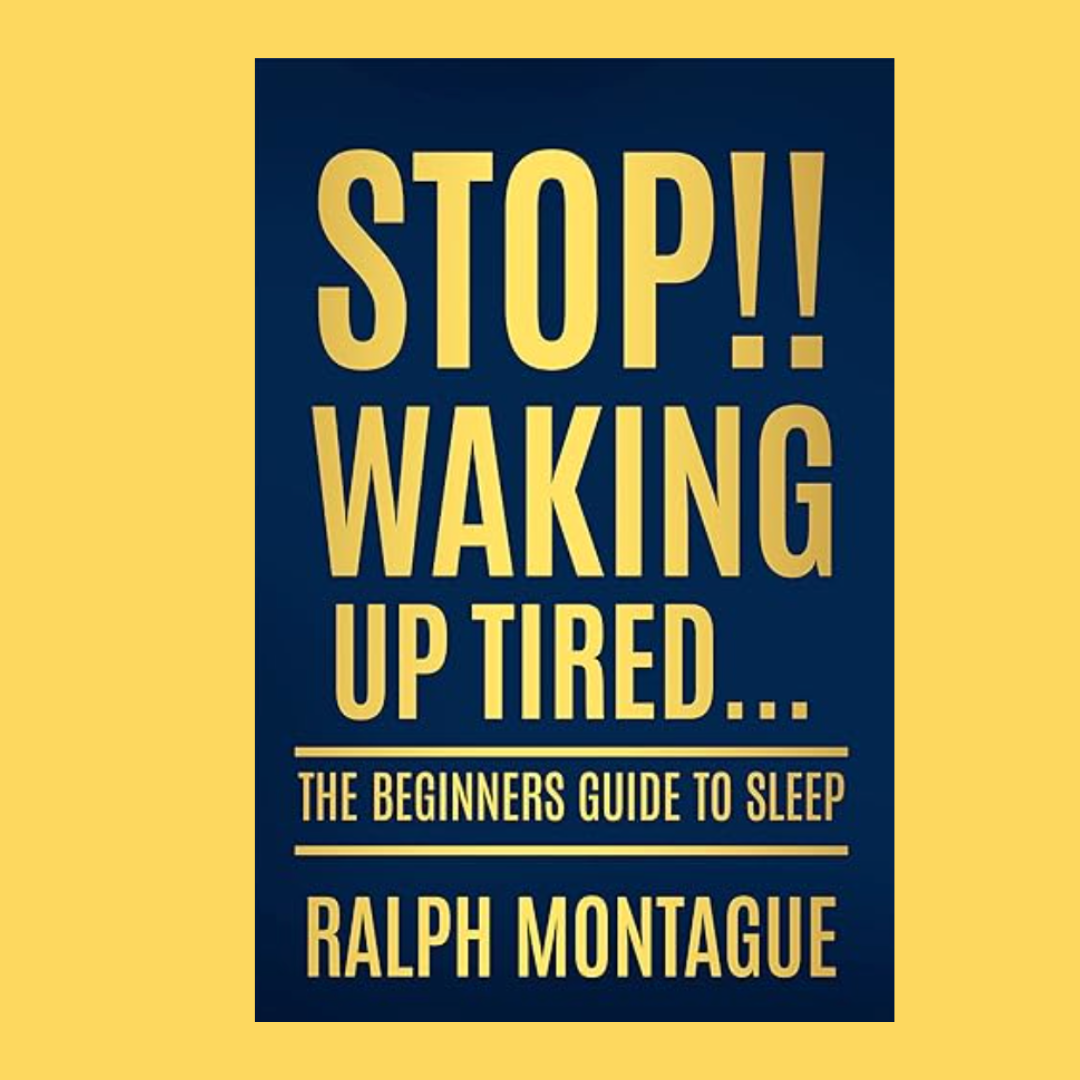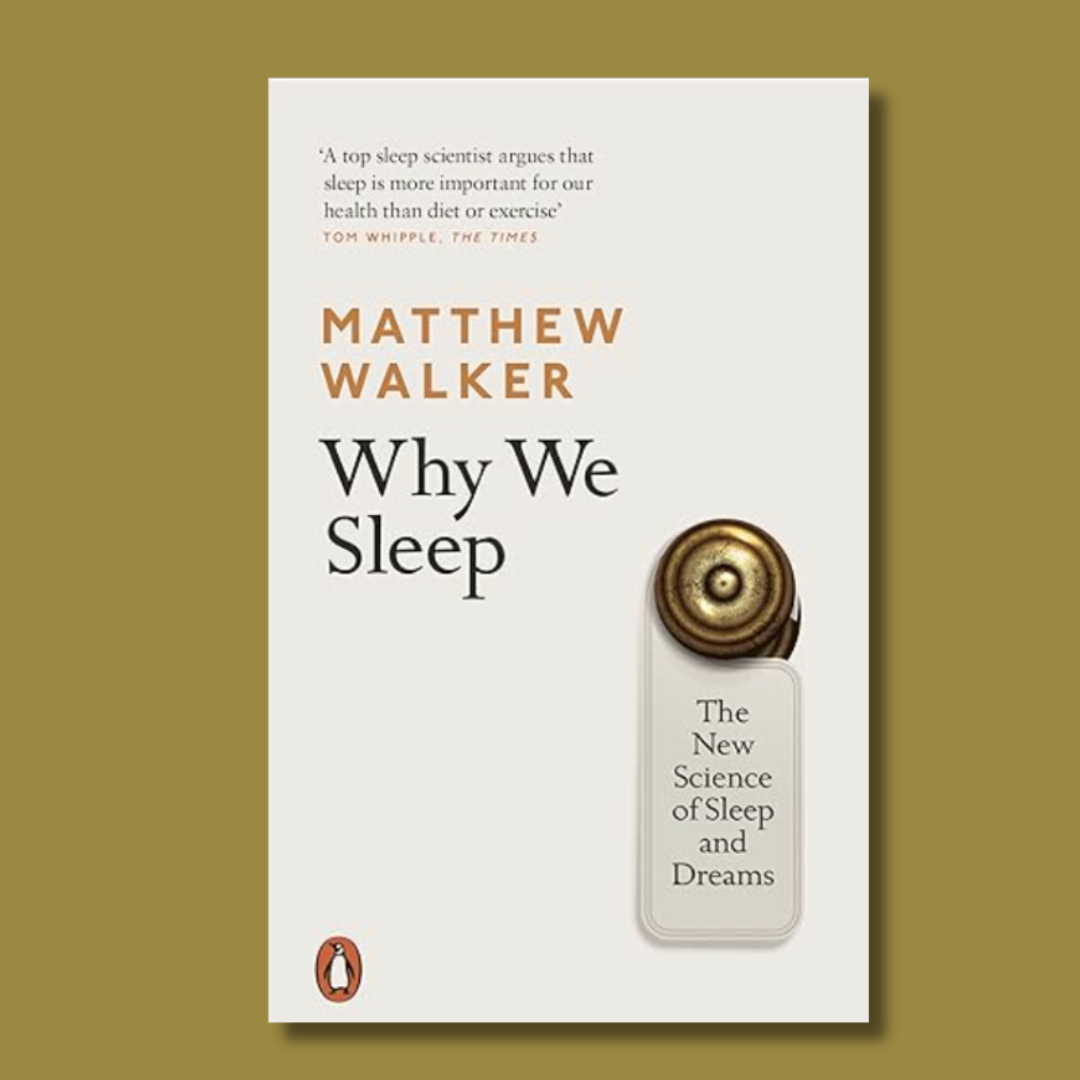Sleep
Posted on 24th April 2024 at 16:04
How well do you sleep?
Do you drop off like a well fed baby and stay asleep all night?
Or do you toss and turn, then, when you finally drop off, end up awake several times during the night?
Are you constantly kicking off the covers, then finding yourself freezing?
Wake up in the night and need to change sweat-soaked nightclothes?
Make frequent visits to the bathroom?
Do you feel refreshed in the morning?
Are you sleepy during the day?
A change in sleep patterns is one thing that many of us start to notice as we enter peri-menopause. Whereas previously we might have slept happily for 8 hours a night, suddenly we start having trouble getting to sleep and/or trouble staying asleep on a regular basis.
“I used to sleep like a log from 11-7. Now I’m lucky if I manage 6 hours total, and that will be interrupted by at least one trip to the loo! It drives me crazy because it definitely affects my concentration at work.” Sally.
The dictionary definition of insomnia is “habitual sleeplessness; inability to sleep”. This, of course, can lead to problems during the day too. Lack of sleep can cause, or exacerbate, depression, anxiety and poor memory and concentration, and has been proved to lower the healthy functioning of the immune system and cause weight gain. And driving when tired has been proved to be as dangerous as driving whilst drunk.

What affects sleep? And How Much do we Need?
Sometimes, it’s down to hot flushes and night sweats. Who can sleep through when their night clothes are soaked or their temperature is soaring? But there are many factors at play when it comes to sleep disturbances post 45.
So how much sleep do we need? Most experts agree that we need less sleep as we age, but seven-eight hours is still generally considered optimum. That’s actual sleep time, not including time taken to get to sleep.
Fluctuating oestrogen and progesterone levels affect our sleep. Progesterone helps to promote sleep whilst oestrogen affects emotional well being. Since oestrogen levels become lower in menopause, cortisol levels rise, causing increased anxiety as this “stress hormone” rises and falls in opposition to oestrogen. Finally, melatonin, another hormone affecting sleep quality, needs a cool body temperature, so is depleted by hot flushes. That’s quite a cocktail of imbalance!
Apart from fluctuating hormone levels, other sleep disruptors can include general anxiety and stress, non-menopause related life changes, and the amount of time you spend on your phone, computer and other screens.
Over the past 10 years, households in the US subscribing to streaming channels such as Netflix and Amazon has risen by 450%. A recent survey of 1,300 users showed that, although the young are more likely to stream whilst in bed, the 45-60 age group, especially women, are most prone to binge watching (defined as being on screen for more than two hours at a time).
Though many consider watching TV, scrolling on their phones etc as relaxing, these activities actually trigger pre-sleep arousal - and not in a good way! - with the nervous system being activated just before it should be winding down.

So what can we do to help ourselves? We're all different, of course, but the following tips are worth a try if you are suffering from insomnia:
Exercise regularly, preferably early in the day, so that your body becomes tired in the evening.
Get outside. If you can, exercise outdoors. This helps to regulate melatonin levels and maintain your circadian rhythm by getting enough sunlight.
“A gentle walk in the evening seems to help me wind down for sleep.” Maxine
Create a healthy sleep schedule with regular sleep and wake times.
Have a regular routine, eg: a warm bath, reading quietly, meditating or practising calming breathing techniques in the hour before bed.
Eat at least 2-4 hours before bed.
Caffeine is a stimulant - try cutting down, particularly after noon. And, of course, caffeine is present in more than coffee - chocolate in the evening apparently doesn't help! Watch how many sugary snacks you’re eating generally.
Cut down on alcohol.
Try not to nap during the day.
“I found getting rid of caffeine and alcohol and learning to meditate before sleep helped. Also journalling before bed helps clear my mind.” Bev

Reserve your bed for sleep and sex - create a technology free haven.
If you do stream programmes in bed, turn on night mode on your device (you can pre-schedule it so you don’t forget). This means the display will shift to warmer colour tones and filter out the blue wavelengths that trick the mind into thinking its daytime.
Try playing with your environment: calm music, a diffuser with essential oils, a fan if you are easily overheated, cotton sheets and night clothes.
Consider trying a treatment such as reflexology.
Reflexologist, Gaynor, writes:
“Reflexology works brilliantly on all body systems, but especially the Endocrine system, it’s main purpose is to bring the body back into homeostasis (balance). By stimulating the hormonal glands it either encourages the body to produce more or decrease over production and generally makes the whole screaming mess of menopause calm down - a lot! This in turn lowers your heart rate and will help you relax and sleep better.”
Meditation or guided visualisations can help you to clear your mind and calm your nervous system.
Finally, try not to allow anxiety about not getting enough sleep keep you awake even longer! It's better to get up and reset: make a drink, read quietly etc than toss and turn for hours.
Sweet dreams!
Suggested reading: Stop Waking up Tired by Ralph Montague
You can listen to Ralph's conversation with Jo on the Midlife and Beyond Podcast, episode 117 wherever you listen to your podcasts.
**Some links in this blog are affiliate links, which means that if you click and buy, I might receive a small payment at no extra cost to you. Thank you for your support.**
The Midlife Movement can help you embrace your middle years (and Beyond!) with less stress and more joy. How?
Share this post:










